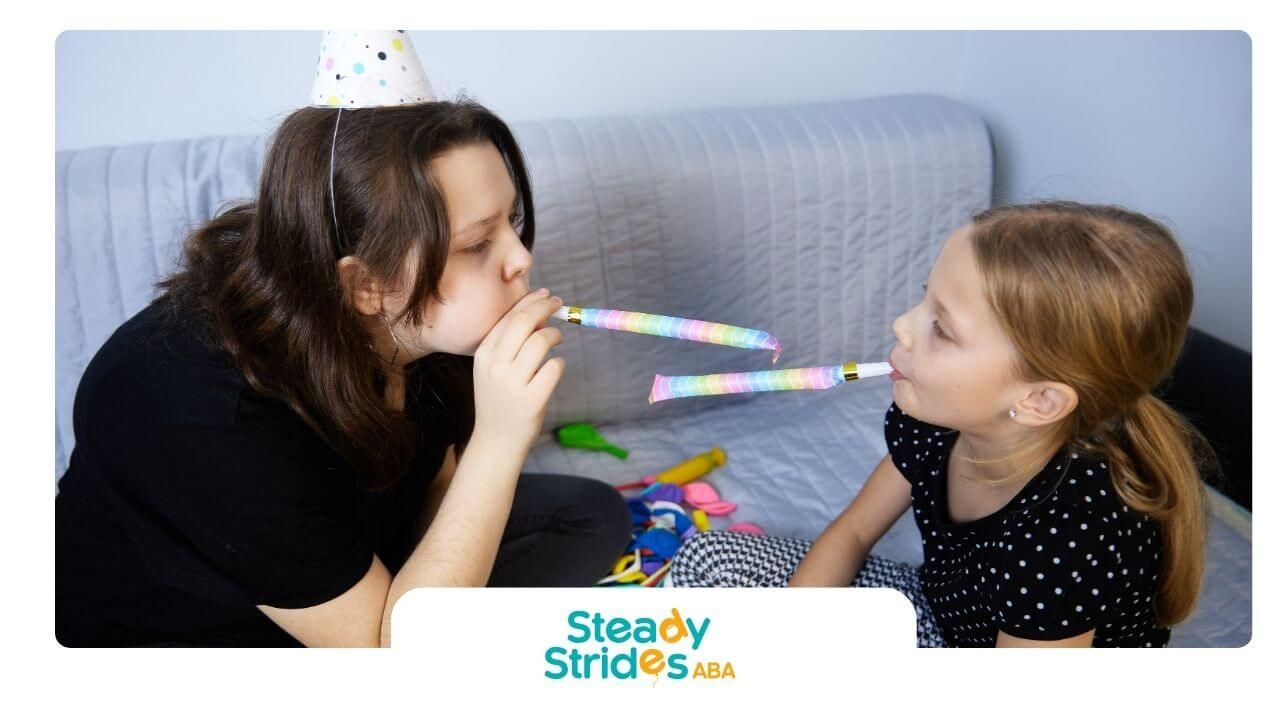Board games are a wonderful way to bring people together, foster social interactions, and provide hours of entertainment. For autistic adults, board games can also offer therapeutic benefits, such as improving communication skills, enhancing problem-solving abilities, and providing structured social opportunities. This blog explores the best board games for autistic adults, highlighting games that are engaging, fun, and supportive of their unique needs.
Why Board Games are Beneficial for Autistic Adults
Board games provide a structured environment that can help autistic adults feel more comfortable and confident. The rules and predictable outcomes of games can reduce anxiety and help players understand social cues and turn-taking. Additionally, board games can:
- Enhance Social Interaction: Games encourage players to communicate, cooperate, and sometimes compete, which can help improve social skills.
- Develop Cognitive Skills: Many games require strategic thinking, planning, and problem-solving, which can aid cognitive development.
- Provide Sensory Engagement: Some games involve tactile elements that can be soothing or stimulating, depending on individual sensory preferences.
- Foster Inclusion: Board games can be an inclusive activity that bridges communication gaps, allowing autistic adults to engage with others in a shared experience.
Choosing the Right Board Games
When selecting board games for autistic adults, it's essential to consider the individual's interests, strengths, and areas where they may need support. Here are some key factors to keep in mind:
- Complexity: Choose games with a complexity level that matches the player's comfort zone. Some may prefer simpler games with clear rules, while others might enjoy more complex, strategic games.
- Theme: Select themes that are engaging and resonate with the player's interests, such as fantasy, history, or science fiction.
- Game Duration: Consider the length of the game. Some individuals may prefer shorter games that offer quick play sessions, while others might enjoy longer, more immersive experiences.
- Group Size: Choose games that accommodate the typical group size the player engages with, whether it's solo play, two-player games, or larger group games.
- Sensory Considerations: Be mindful of sensory sensitivities. Games with minimal noise, strong visual contrasts, or tactile elements can be more enjoyable for some individuals.
Top Board Games for Autistic Adults
Here are some board games that are particularly well-suited for autistic adults, offering a balance of enjoyment and therapeutic benefits:
1. Ticket to Ride
Overview: In "Ticket to Ride," players collect train cards to claim railway routes on a map. The goal is to connect different cities and complete specific routes.
Benefits: This game encourages strategic thinking, planning, and spatial reasoning. Its clear rules and visual elements make it accessible, while its competitive aspect can be engaging without being overly stressful.
Duration: Approximately 30-60 minutes per game.
2. Catan
Overview: "Catan" is a resource management game where players collect resources and use them to build roads, settlements, and cities. The goal is to gather the most points through development and trade.
Benefits: "Catan" promotes negotiation and trade, which can help improve social skills. The game also requires strategic planning and adaptability, as players must adjust their strategies based on the availability of resources.
Duration: Approximately 60-90 minutes per game.
3. Carcassonne
Overview: In "Carcassonne," players draw and place tiles to build cities, roads, and fields. They can also place followers on these features to score points.
Benefits: This game is great for visual and spatial reasoning, as players must think about how to place tiles for maximum points. It also encourages planning and strategic thinking.
Duration: Approximately 35-45 minutes per game.
4. Dixit
Overview: "Dixit" is a storytelling game where players use beautifully illustrated cards to tell stories. One player gives a clue related to their card, and others submit cards that match the clue.
Benefits: "Dixit" fosters creativity and abstract thinking. It encourages players to interpret and express ideas in unique ways, which can be beneficial for improving communication skills.
Duration: Approximately 30 minutes per game.
5. Pandemic
Overview: In "Pandemic," players work together as a team to stop the spread of diseases across the globe. The game requires cooperation and strategic planning to succeed.
Benefits: "Pandemic" is excellent for promoting teamwork and communication. As a cooperative game, it reduces competitive stress and focuses on collective problem-solving.
Duration: Approximately 45 minutes per game.
6. Blokus
Overview: "Blokus" is a spatial strategy game where players place Tetris-like pieces on a board, aiming to cover as much area as possible while blocking others.
Benefits: The game enhances visual perception and strategic thinking. Its straightforward rules make it accessible, and its focus on spatial placement can be particularly engaging.
Duration: Approximately 20-30 minutes per game.
7. Splendor
Overview: "Splendor" is a card-based game where players collect gems and cards to earn prestige points. The goal is to reach a set number of points first.
Benefits: This game involves resource management and strategic planning. It is relatively simple to learn but offers depth in strategy, making it suitable for a wide range of skill levels.
Duration: Approximately 30 minutes per game.
Tips for Playing Board Games with Autistic Adults
To ensure a positive gaming experience, consider the following tips:
- Introduce Games Gradually: Start with simpler games to build confidence and familiarity with the gaming process.
- Be Patient and Flexible: Be understanding of the player's pace and preferences. Allow time to learn and adapt to the game.
- Encourage Communication: Use the gaming experience as an opportunity to encourage social interaction and communication. Discuss strategies, narrate actions, and express emotions related to the game.
- Adapt Rules if Necessary: If standard rules are challenging, consider adapting them to suit the player's needs. The goal is to make the game enjoyable and inclusive.
- Focus on Fun: Emphasize the enjoyment of the game rather than competition. Celebrate participation and effort, regardless of the outcome.
Conclusion
Board games offer a fantastic way for autistic adults to engage in social activities, develop cognitive skills, and enjoy leisure time. By choosing games that align with their interests and abilities, caregivers and friends can create enriching experiences that foster growth and connection.
For those looking to explore more about the benefits of board games and other therapeutic activities, consider consulting with professionals who specialize in autism support. At Steady Strides, we are committed to providing comprehensive resources and guidance for individuals and families navigating the journey of autism.













